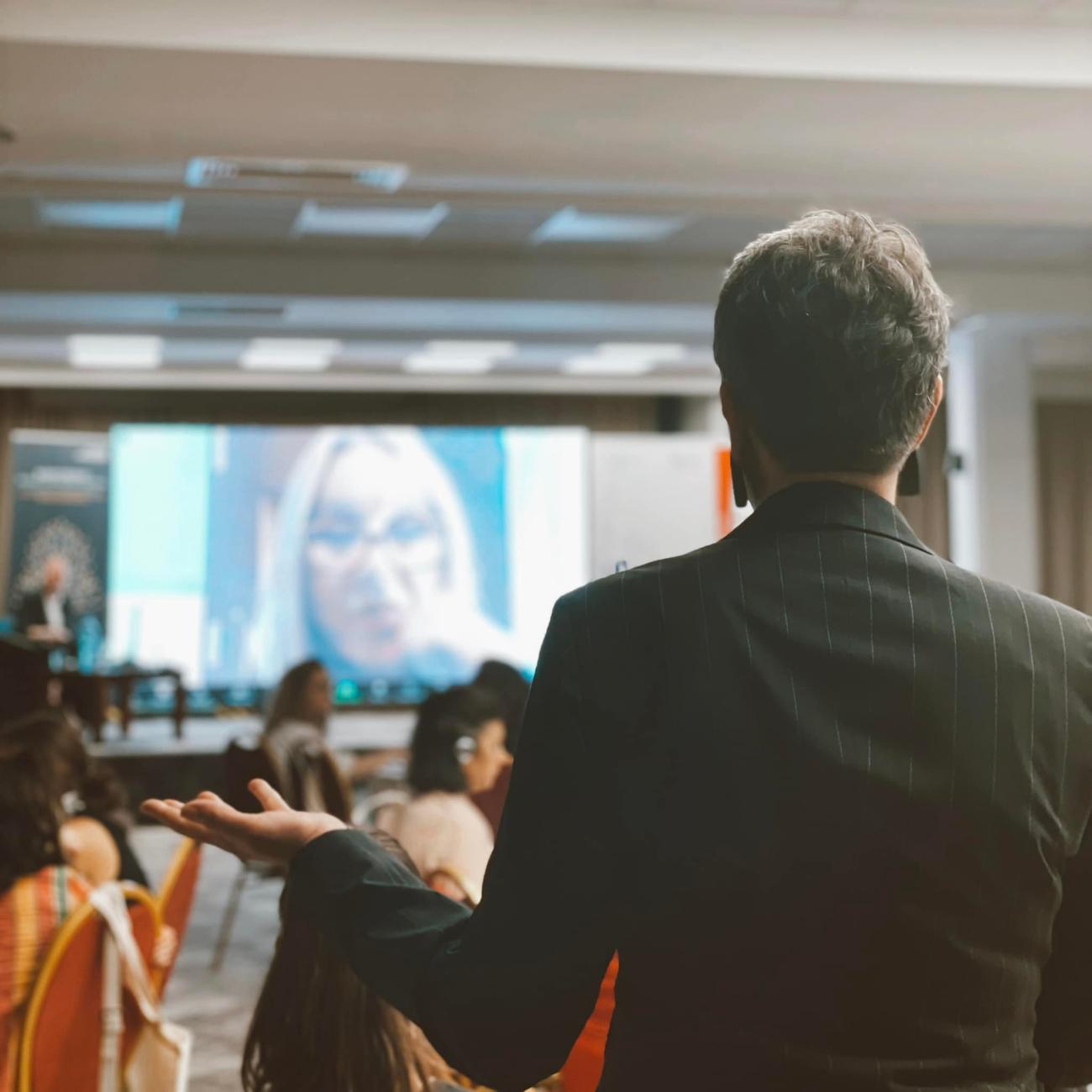Joining forces for gender-responsive budgeting

CSOs are important partners but also watchdogs to ensure government measures and budgets are gender responsive and reflect women’s needs.
More than 60 participants representing CSOs, government officials, gender equality practitioners and activists from the Western Balkan region and beyond came together for the international conference “The Role of civil society in gender responsive budgeting: participation, advocacy and accountability”. The event took place in Ohrid, North Macedonia between June 26-29 and was co-hosted by UN Women, Gender Budget Watchdog Network and the International Budget Partnership.
Prior to the many interesting panel discussions and workshops; the conference started off with the Award Ceremony on the life achievement for advancing women’s rights in North Macedonia.
The conference hosted seven panel discussions and workshops ranging over several topics.
The panel discussions were an excellent opportunity to hear how civil society organizations from around the world find ways to engage and empower women by creating platforms of collaboration with government institutions, feminist research and advocacy organizations. The agreed way forward is that the pressing need remains to ensure government measures and budgets are gender responsive and reflect the voices of women.
In addition, the conference offered a rich workshop agenda, where participants had the chance to get familiarized with methodologies on budget credibility, empowerment of marginalized communities, and gender monitoring of resilience response, among others. It provided an opportunity to CSOs and women’s organizations to exchange experience and proven practices and build stronger partnerships in advancing gender equality.
The role of CSOs in mainstreaming gender in policies and budgets was the main topic of the panel moderated by UN Women GRB programme specialist Ermira Lubani aimed to open a discussion especially in times when resilience response is failing to address the different needs of women and men created by health, economic and other crises.
The second panel aimed to discuss the different approaches for enhancing CSOs’ participation in local and central policy making and budgeting processes under the title “CSOs voicing different needs of women and men”. The panel also focused on the benefits that CSO participation can bring to engendering policy solutions and services.
Gender budget initiatives were the point of focus under panel three where four parallel workshops were held on different topics related to gender budget initiatives such as menstrual and public hygiene, women’s economic empowerment, improved social and disability service provision and increased women’s participation in sport.
In addition, panel four, five and six had very rich discussions on topics such as; CSOs as gender budget watchdogs, partnership on public finance reforms to achieve gender equality, budget credibility: how keeping budget promises can help advance gender equality. The Programme analyst of UN Women North Macedonia Ivona Paunovic Bishevac facilitated and brought to the panel the experience of UN Women in supporting the development of the methodology of Budget Watch Dog and the experience with different CSOs on outreaching women to the communities.
The parallel workshops under panel six opened the floor to more in-depth discussions. The three workshops focused on: the methodology for analyzing budget credibility, empowering marginalized communities and resilience budget response, monitoring from gender perspective. All of which are vital for gender-responsive budgeting.
The seventh and final panel of this four-day conference was dedicated to the networking of CSOs. The panel featured discussions on CSO networking and advocacy for gender equality and gender responsive policies and budget. The challenges faced by CSOs in networking, strategies to avert the negative factors to networking and the shrinking civil society space were discussed and internalized.
This highly effective and intense conference provided a platform for all parties to exchange views and ideas on how to work together, the opportunities and challenges.



